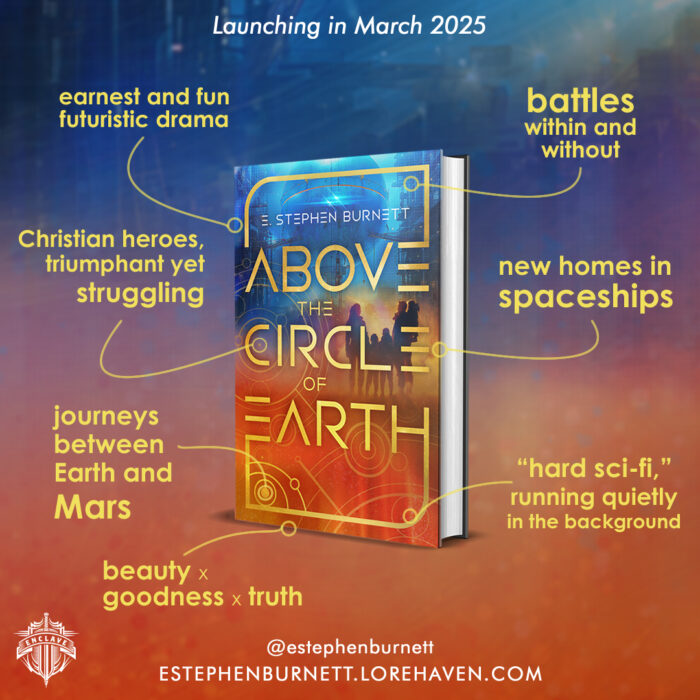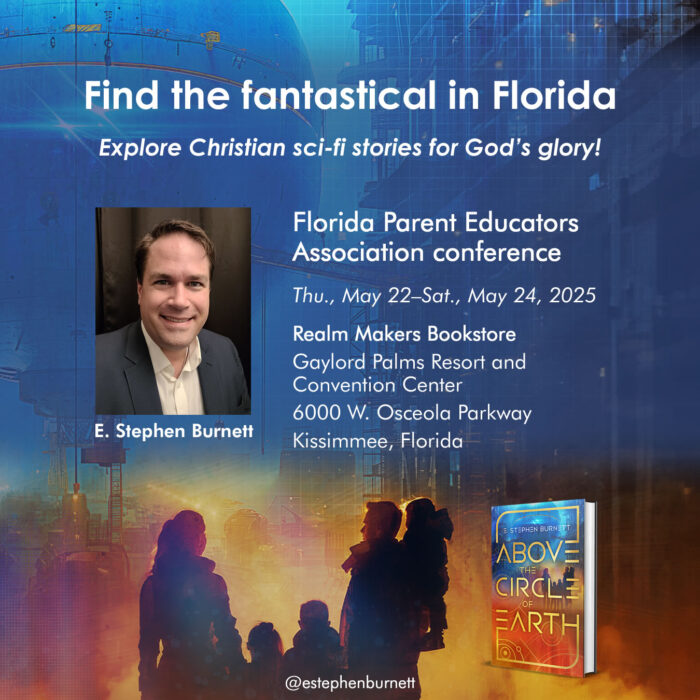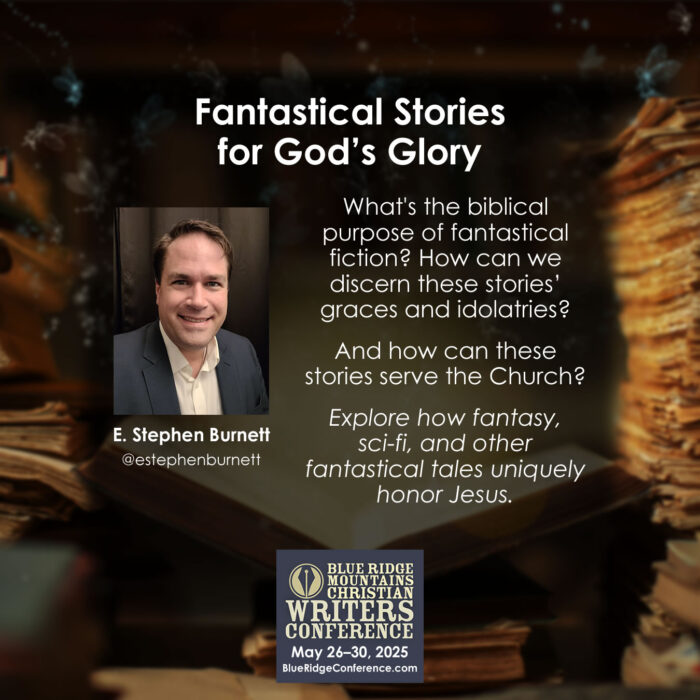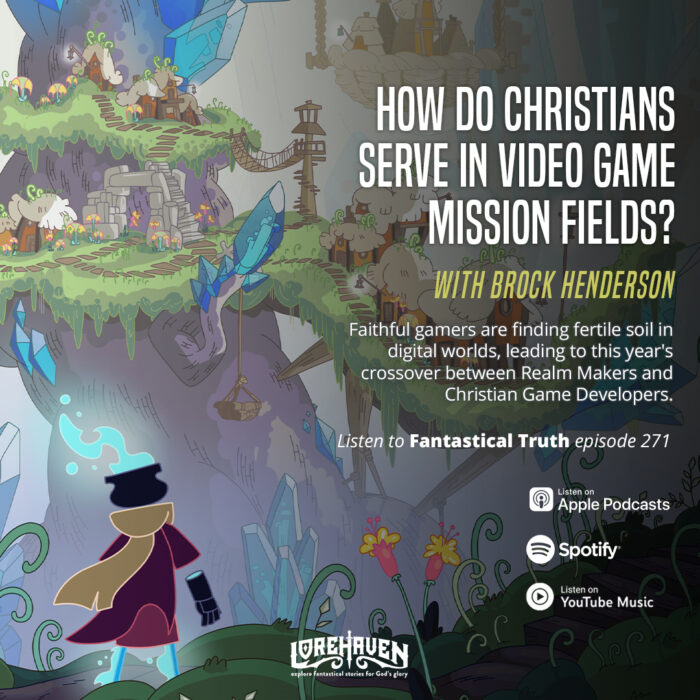Now available in all systems
The fight for the space mission begins in his homeworld.
Brock Rivers never wanted to be a repairman on Mars. Years ago, he failed to protect his family, and now he labors across a frontier planet to keep his children alive and escape CAUSE. But the spacefaring humanist regime is taking over Martian colonies, forcing all to join the secular state.
Back in Brock’s homeworld, his people summon him to fulfill old hopes with a new dream. After decades of cultural isolation, they plan to restore missions for the 22nd century, voyaging beyond Earth to share the gospel in space. Brock must find a ship and recruit a team of misfit believers. They expect opposition from the formidable CAUSE, but not from a more deceptive enemy.
One adversary attacks from the shadows to destroy the faithful. Others unify to oppose the project. Brock and his family must fight to resist these enemies of the space mission or else return to exile forever.















